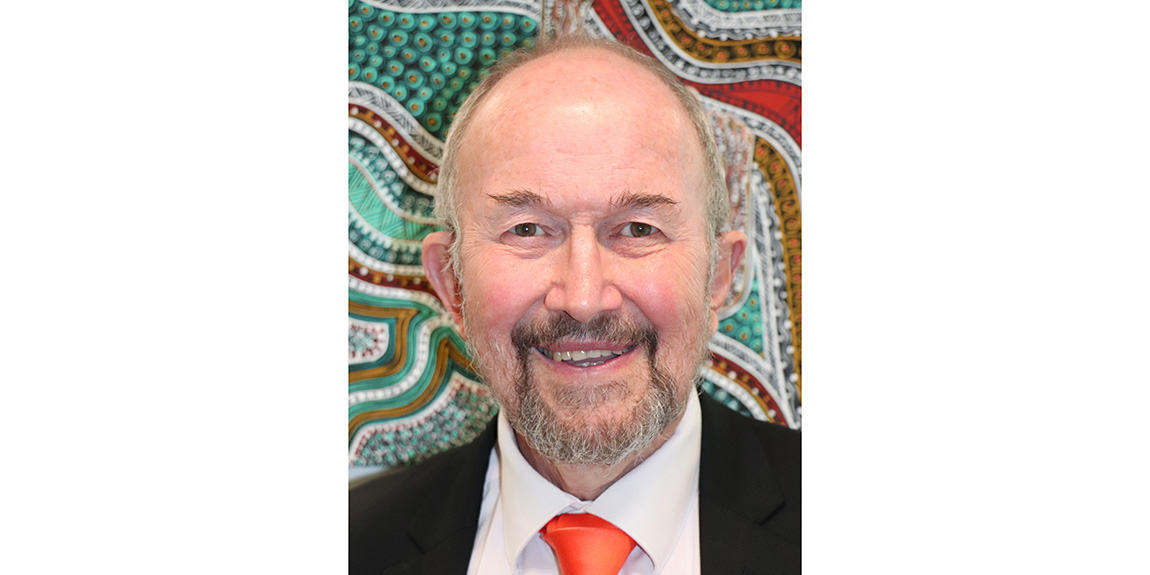
In 2010 the Equal Opportunity Commission released its Indigenous Interpreting Services Is there a need report which contained stories of WA Police conducting interviews with accused Aboriginal and Torres Strait Islander people who did not understand what they were being accused of and Aboriginal people unable to stand trial for alleged crimes because their inability to understand English rendered the process unfair.
As former WA Chief Justice Wayne Martin was quoted in the report, “…if the trial of an alleged offender occurs in circumstances in which that person is unable to comprehend the course of the trial because, for example, of an inability with English and the lack of an interpreter, the trial process is unfair and any judgement obtained would be set aside.”
Other reports came from health workers who stated the need for Aboriginal interpreters was ‘overwhelming’ with Aboriginal post-surgery patients not aware of the nature of the surgical procedure they had undergone.
The Commission made recommendations in the report based on the Northern Territory’s Aboriginal Interpreting Service model and funding and in 2017 what was once the Kimberley Interpreting Service expanded to become Aboriginal Interpreting WA (AIWA).
Today it has registered and trained interpreters across the state in over 40 WA Aboriginal languages who work in health, justice, governance, native title, social work, community affairs, business, mining, education and tourism.
But are they being used? CEO of AIWA Deanne Lightfoot said there had been a steady increase around the use of Aboriginal language interpreters as part of the State Government’s obligations under its language services policy.
“There has been a steady increase in engagement with our services and certainly Covid spiked awareness of the need accurate interpretation,” she said.
However, Deanne said there could always more engagement of registered Aboriginal interpreters.
“The AIWA board of directors would like the engagement of Aboriginal interpreters to be the norm and not the exception,” she said.
The importance of available interpreters also extends to new and emerging migrant communities.
Through its work as Chair of the New and Emerging Communities Reference Group made up of government and community representatives who meet regularly to discuss issues impacting migrant communities, the Commission has learned there are only three NAATI accredited Ukrainian interpreters in Western Australia.
This is an issue that needs addressing for the surge in forced displacement and refugees escaping the war in the Ukraine to settle here in WA.
The reference group recently reported the launch of a pilot program run in partnership between the Red Cross and NAATI to support people who have recently resettled in Australia from Afghanistan to gain a NAATI credential as an interpreter or community language aide.
This is a marvellous initiative which, if successful, should be extended to those resettling from the Ukraine and to bolster Aboriginal interpreters.


